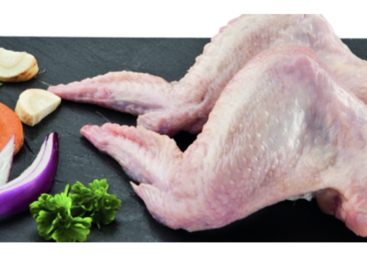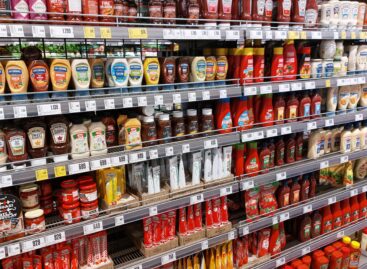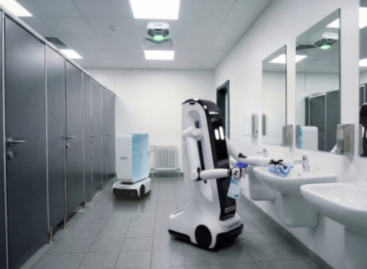Insect Feed Could Cut UK’s Future Soy Footprint By A Fifth, Study Finds
A new report commissioned by Tesco and WWF states using insect meal to feed fish and livestock could cut the UK’s future soy footprint by a fifth, protecting critical landscapes like the Brazilian Cerrado.
The research highlights the potential for insect farming in helping to tackle the climate and nature crisis.
‘The Future of Feed: a WWF roadmap to accelerating insect protein in UK feeds’ report says that the total demand for insect meal from the UK’s pig, poultry, and salmon sectors could reach around 540,000 tonnes a year by 2050.
The report shows this could result in about 16,000 tonnes of fishmeal and 524,000 tonnes of soy being replaced. It is equivalent to 20% of the UK’s projected soy imports in 2050, or Tesco UK’s entire 2018 soy footprint.
ESM
Related news
A change of perspective in forest management
🎧 Hallgasd a cikket: Lejátszás Szünet Folytatás Leállítás Nyelv: Auto…
Read more >Related news
A colourful selection of sauces on the Easter table
🎧 Hallgasd a cikket: Lejátszás Szünet Folytatás Leállítás Nyelv: Auto…
Read more >NEURA Robotics and Drees & Sommer launch strategic partnership for robot-ready buildings
🎧 Hallgasd a cikket: Lejátszás Szünet Folytatás Leállítás Nyelv: Auto…
Read more >A new chapter begins in the history of Dunapark Café – the iconic art deco café is added to the portfolio of Eventrend Group
🎧 Hallgasd a cikket: Lejátszás Szünet Folytatás Leállítás Nyelv: Auto…
Read more >








